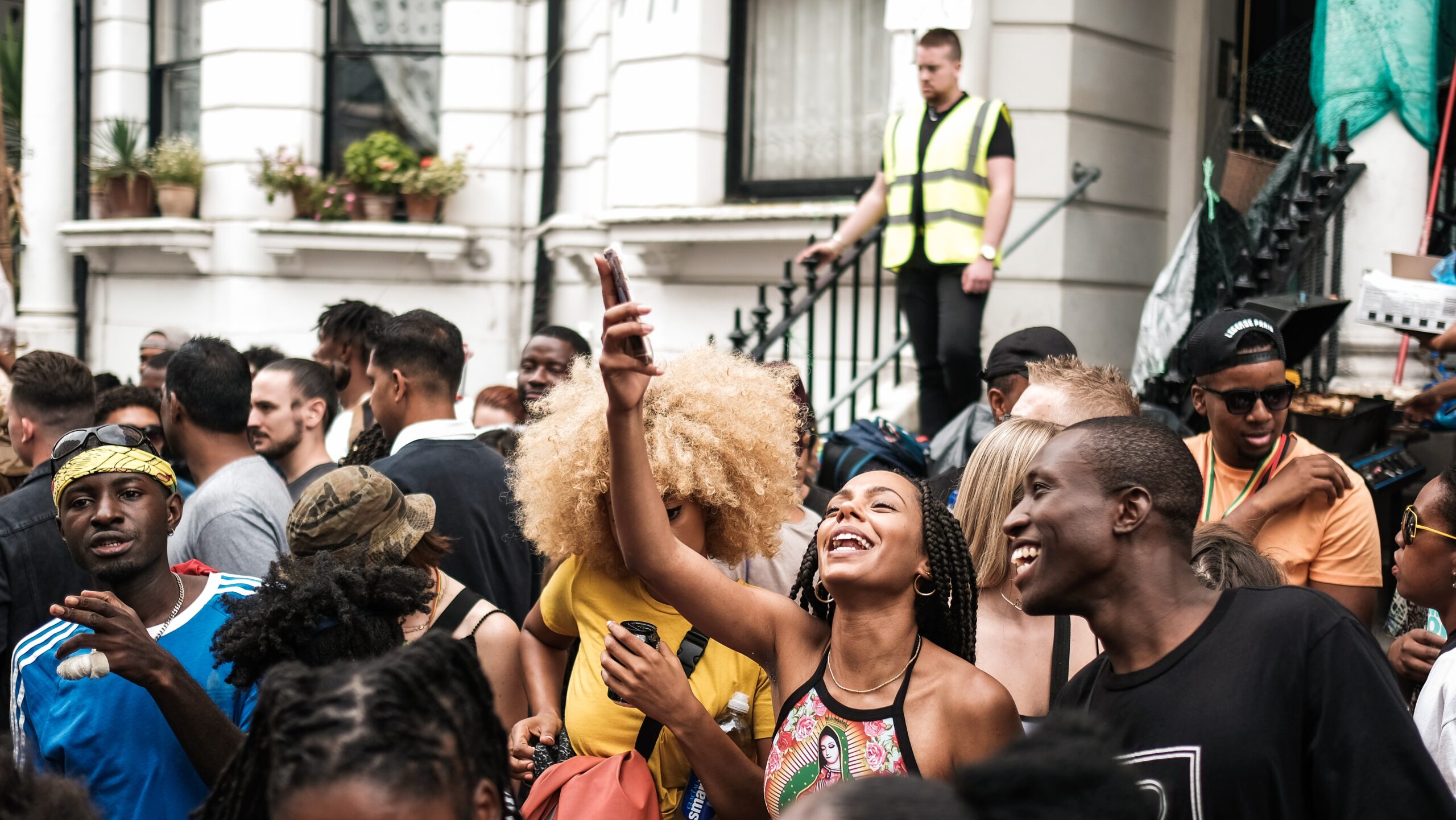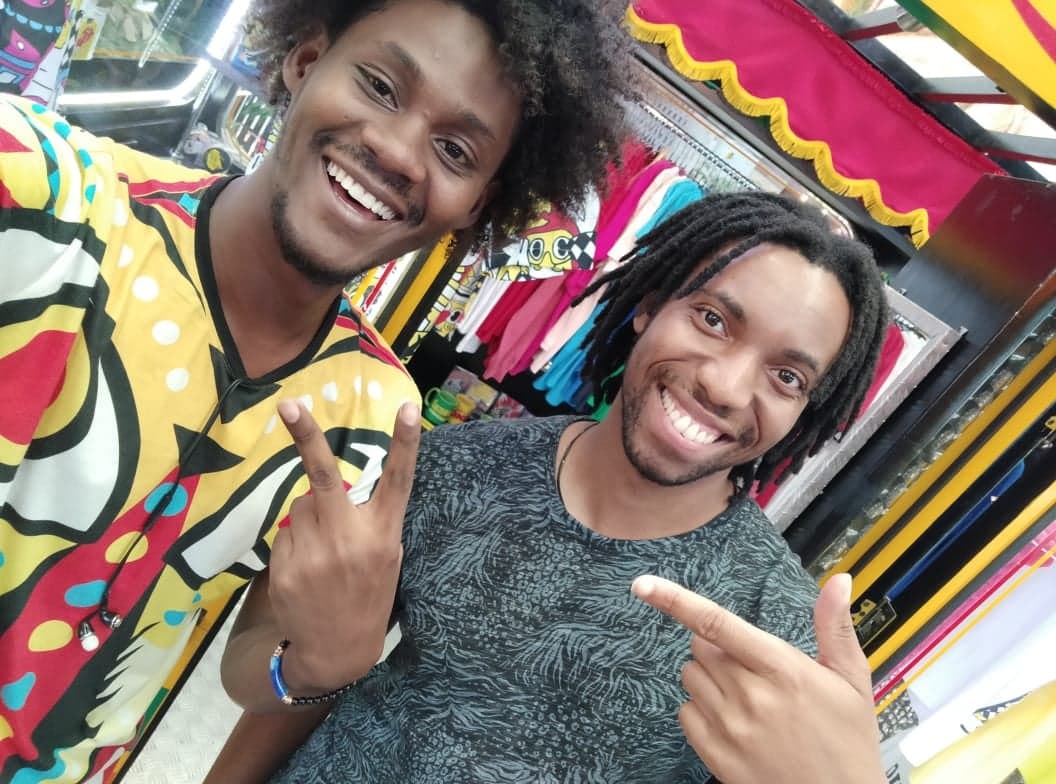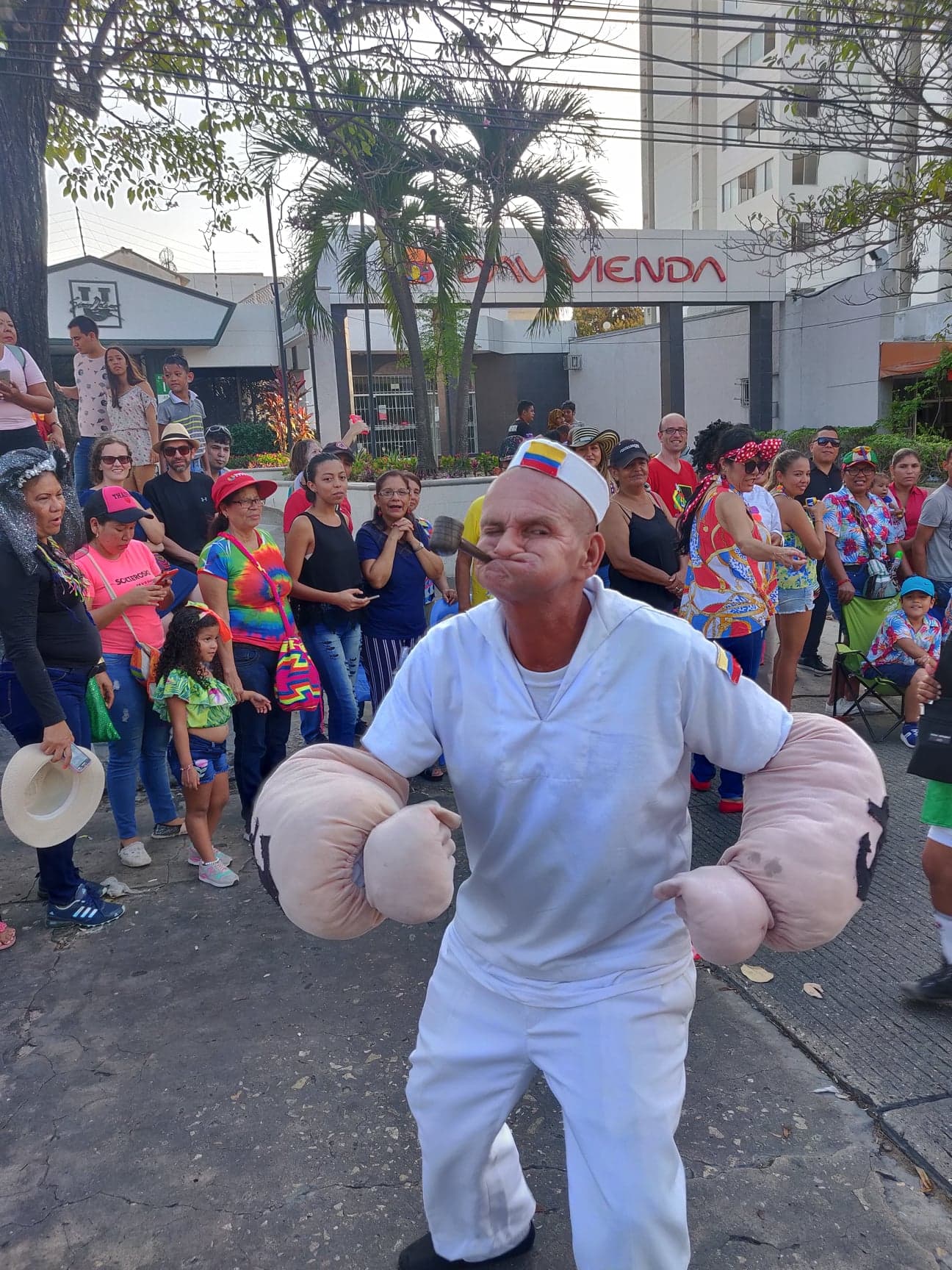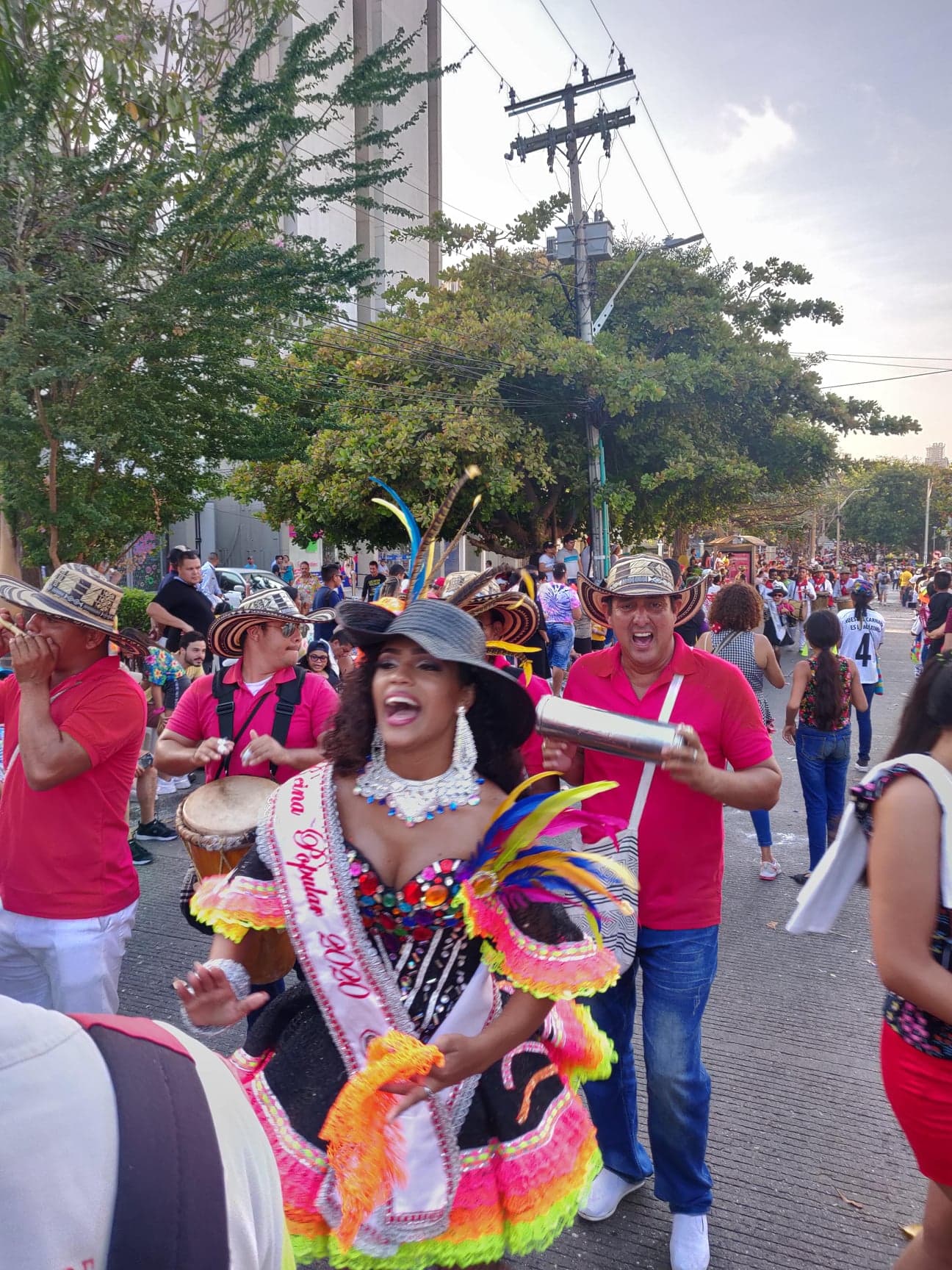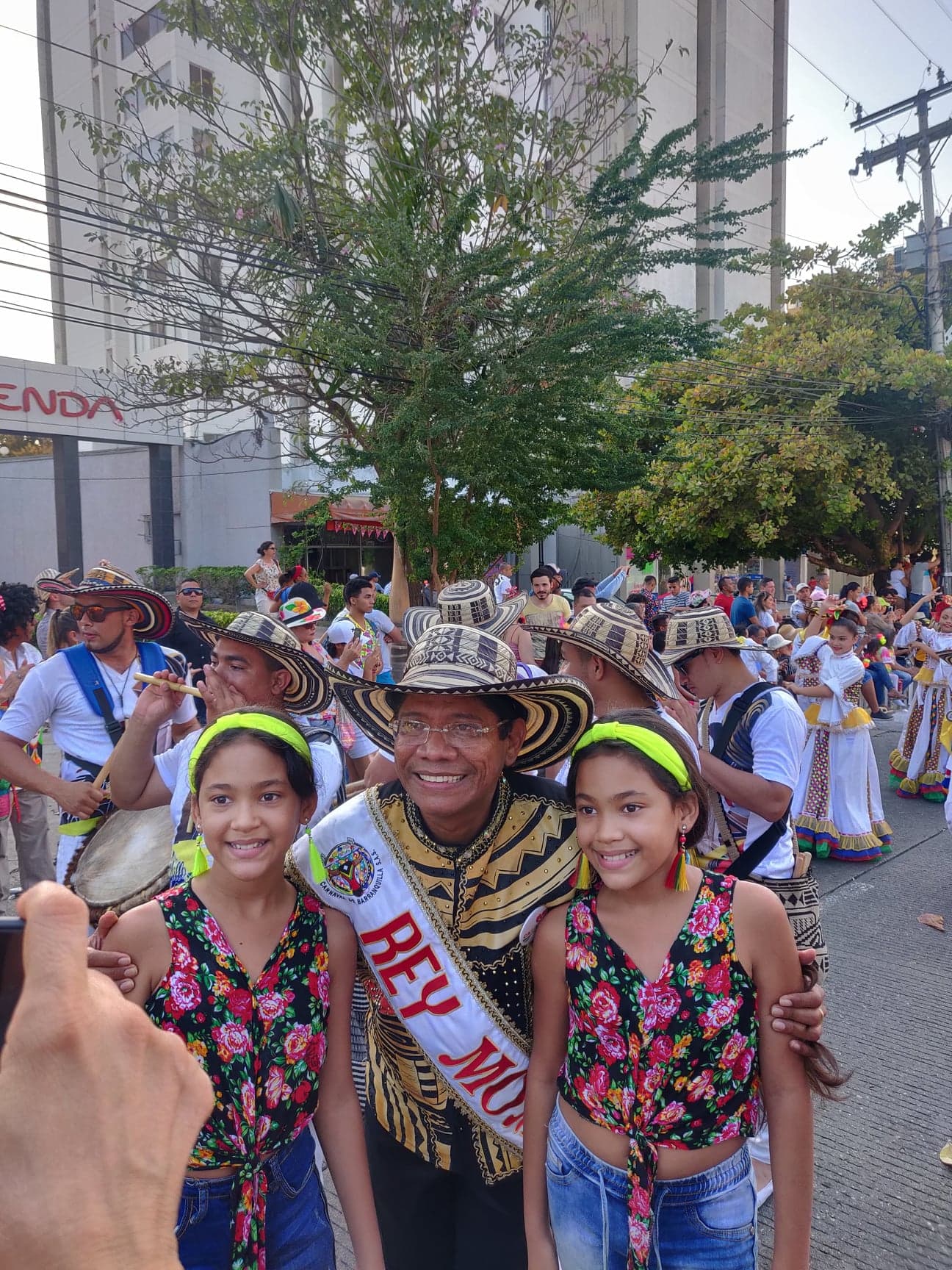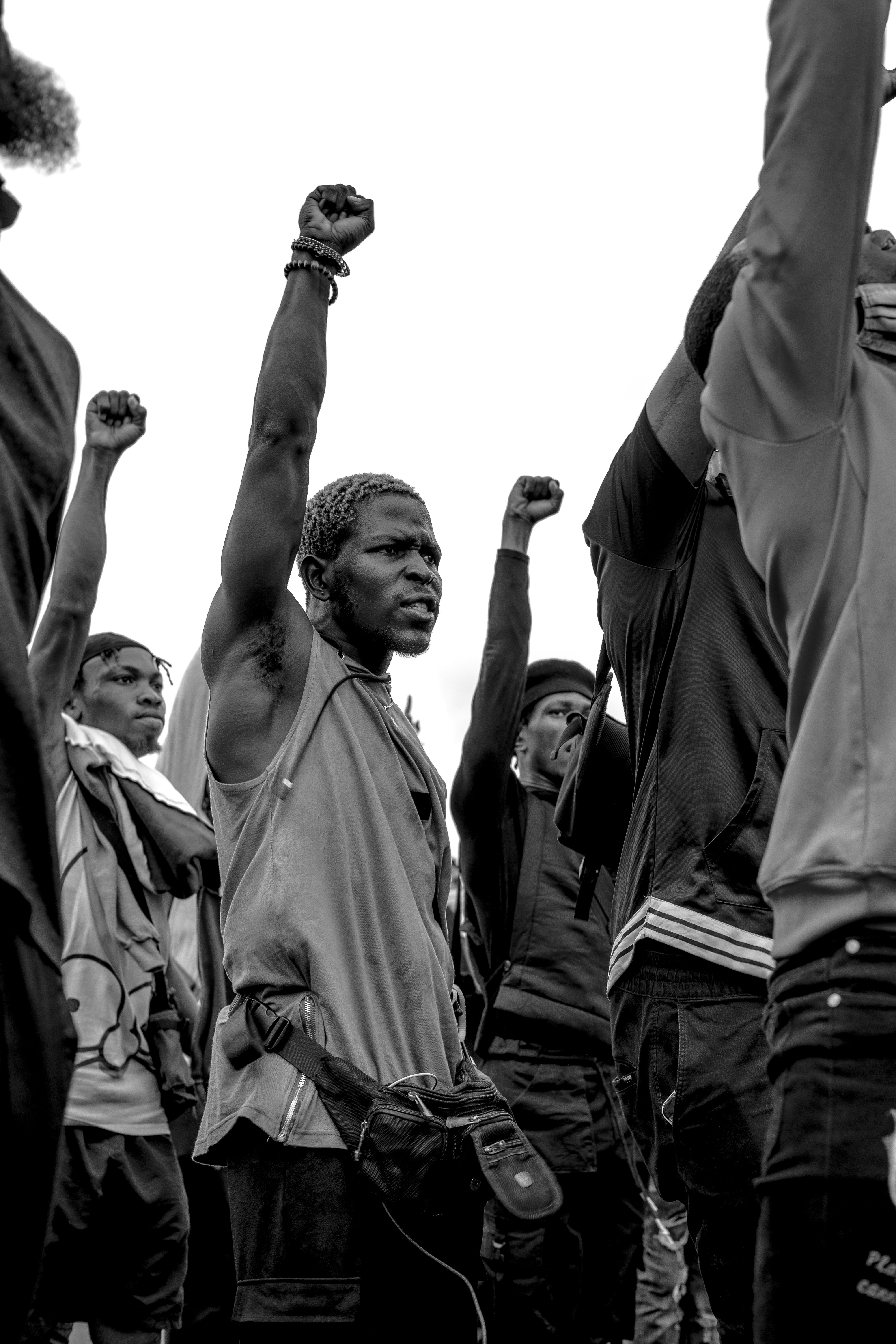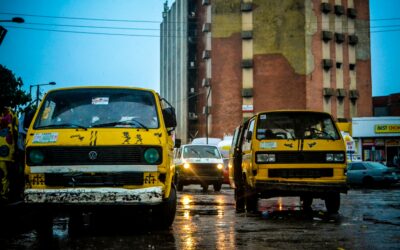Photo: Glodi
Carnival… a period of the year for dancing, dressing up, and down-right enjoyment. Most carnivals or carnavals – as known in Latin America — are held during a specific time of the year, typically around February and just before the Christian religious date of ash Wednesday.
There are hundreds of carnivals celebrated in over 50 different countries each with its own style and flavour. Both Colombia and the UK-London have a Caribbean flavour to their annual celebrations. I‘ve attended the Nottinghill carnival for years but I was fortunate enough to visit the Colombian Carnaval last year just before the pandemic hit and in this article I share my experience.
Brief History of both
The origins of the carnival are somewhat obscure as it’s a mixture of African, European and Indian traditions. However, the oldest origins of a carnival-like celebration date back to ancient Egypt but the “modern” Caribbean carnival as most people know it today, originated in Trinidad and Tobago from around the late eighteenth century born out of resistance against colonizers.
Sadly but not surprising, across the Atlantic ocean, the Caribbean Windrush generation of the UK birthed the Nottinghill carnival out of a similar form of resistance. On January the 30th1959, Claudia Jones a Trinidadian activist held a town hall carnival, to show solidarity for murdered Antiguan-born Kelso Cochrane by a far-right group in Britain called “Keep Britain White”.
It sounds like a group from today doesn’t it? I wonder which one? *Coughs in USA*
From the small gathering in London, the carnival grew to what is now known as the second-largest carnival in the world, with over 2.5 million attendees. The Nottinghill Carnival spans over two days (Sunday-Monday) and is held on the public holiday Monday at the end of August.
The Colombian Barranquilla carnival holds its gathering closer to the Christain lent period in Feburary, but unlike the UK it has a much longer history. It dates back to the late 1800s and has its roots in Afro-Caribbean traditions with a particular music style called Cumbia. The Barranquilla Carnaval spans over a week with four main days of the celebration.
Video of Mapale dance style with Cumbia music by Afro-Colombians.
The Trip — Colombia
Towards the end of January 2020, I was just reaching my one-month milestone of living abroad when I was informed by one of my former roommates about the Colombian carnival which was coming up in a few weeks. I was heavily reluctant to go and the main reasons I gave for not wanting to were “I’ll go next year” & “It’s just too expensive” (indeed it was, flights were around $300–400 dollars).
I kept repeating these excuses each time I was asked by someone if I was going until one day I thought to myself —
“What happens if I can’t go next year and the situation I’m in changes?”
I mean one of my primary reasons for living abroad in the first place was to explore and say “yes” to new things. I kept thinking to myself “Anything could happen between now and next year, so if I have the chance to do something right here right now… then why not go for it?”
So with only a week and a half before the carnival was due to start, I began vigorously searching for an Airbnb and any available flights. I managed to get a direct return flight from Medellin to Barranquilla for around $180 (which was a steal!) and a private room in an apartment for about $22 a night. Things somehow just fell into place.
I booked a super early Saturday morning flight like around 6 am, so I did what any reasonable person would do the night before to ensure I am fully prepared… I went for a Friday night out in the city with a group of friends and didn’t sleep lol.
Exhausted and slightly hungover, I managed to get to the airport on time and board my flight to the Caribbean coast of Colombia. Here’s a short video I took the morning of my flight.
The carnival was like nothing I had ever previously experienced. The sheer festive spirit could be felt all throughout the city from the restaurants to the radio stations and the streets. It was definitely one of the main surprises to see everyone excited about the carnival. Unlike in London, where quite a large number have never attended the Nottinghill carnival and have negative remarks around it, in Colombia, it’s the total opposite as it’s embraced with open arms.
Another thing that shocked me was just how much of a strong Afro-Caribbean influence there was in Barranquilla, from the food (muy rica!) to the music and of course the people themselves who were all pretty much melanated. They were simply out of this world in terms of beauty.
While exploring the city the day before the first main event, I randomly met Steven an Afro-Colombian at a mall and we shared a black moment (Black people will understand that phrase). I complimented his hair and he said the same about my locs then we had a chat about my journey so far and he told me about the upcoming events and invited me to one later on that evening.
Here’s a photo we took at the mall just sharing the love. Buena Vibra!
The carnival in itself was heavily focused around the parades so it was full of colours, music and lots of dancing. Each area along the main carnival route had these large tent areas where people danced and watched the various floats go by. Below is a vlog of me at the carnaval.
One of the highlights of the whole trip was the third night when I, my mate from Medellin, and a group of friends I met in Barranquilla went out for a street party called “Baile en la Calle” which basically translates to “dance on the street”.
It was absolutely insane! It was a ticketed event where a long street was turned into a night of fiesta with live performances, food and plenty to drink which didn’t end till about 4 am. Honestly, it was probably one of the best nights I’ve ever had.
The final day which is on a Tuesday signals the end of the carnival with a day parade called “Joselito Carnaval” where people mourn the death of a carnival spirit character that dies that day but comes back to life the next carnival.
Ayy ayy captain!
The Carnaval Queen
The King of the Carnaval
After all, was said and done, I remember being on the flight back and picturing what would have happened if I didn’t decide to take the leap and just say yes to going.
Sometimes all it takes is a bit of encouragement to do certain things and if it wasn’t for that little push from my roommate, I probably might not have experienced it all.
I learnt a valuable life lesson that day
You can never put a price on one’s happiness and sometimes you have to do things right at that moment as you never know what can happen next.
_____________________________________
Thanks for reading and follow me on social media for the latest updates

